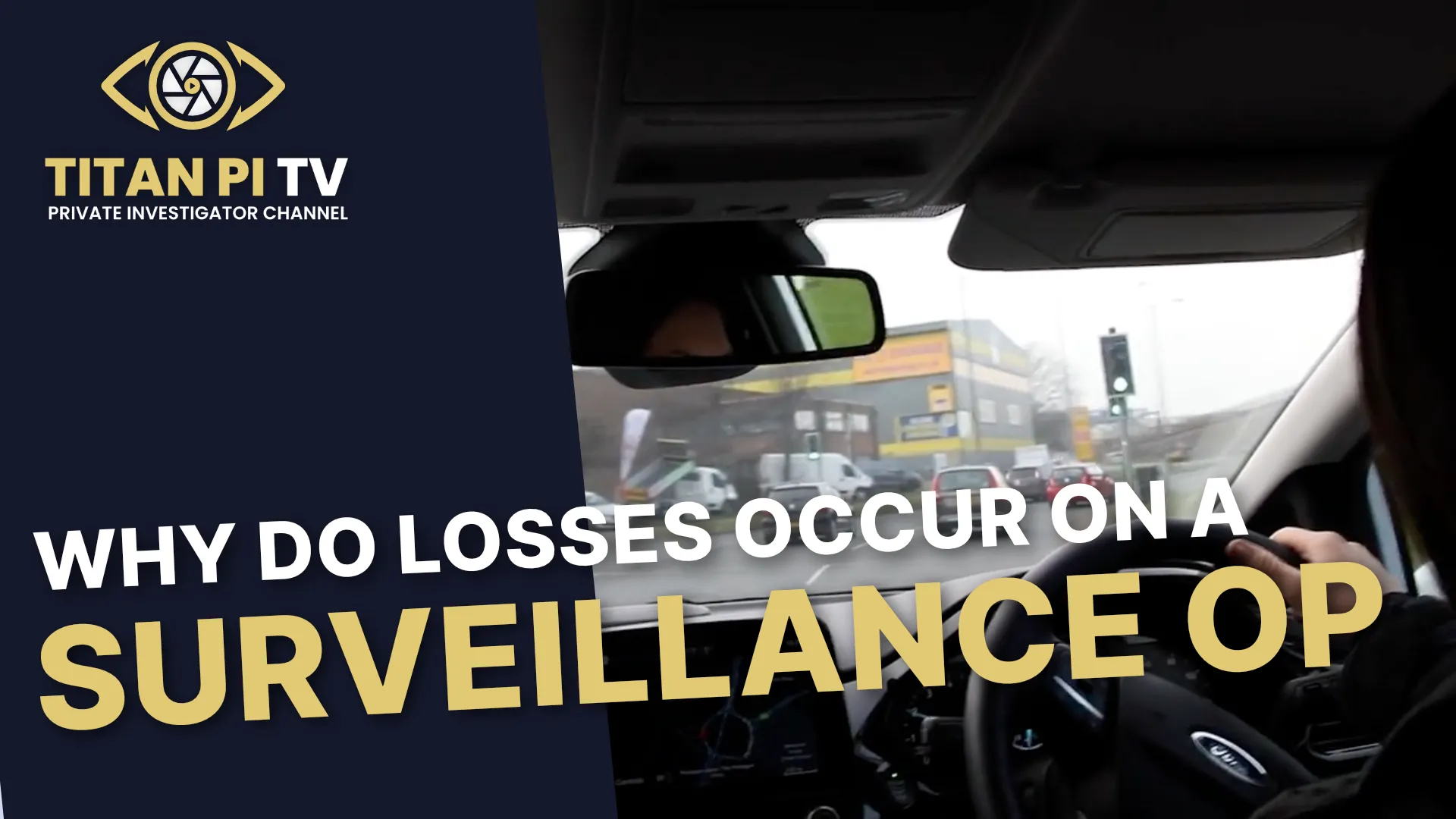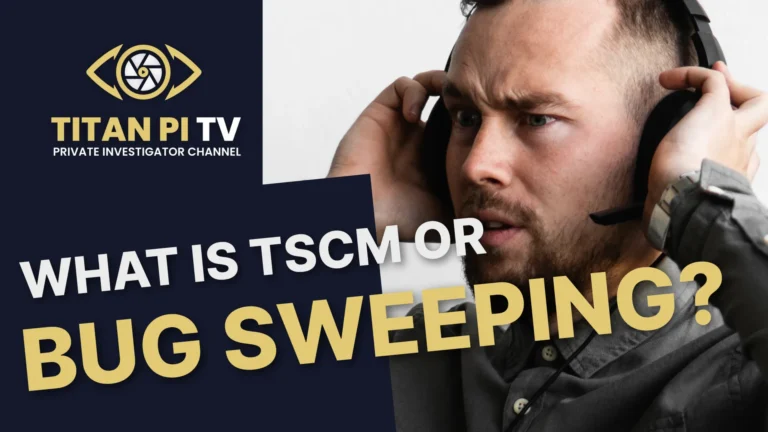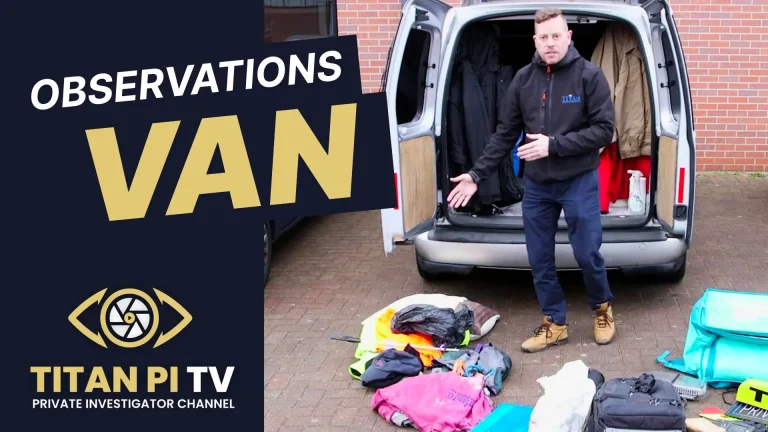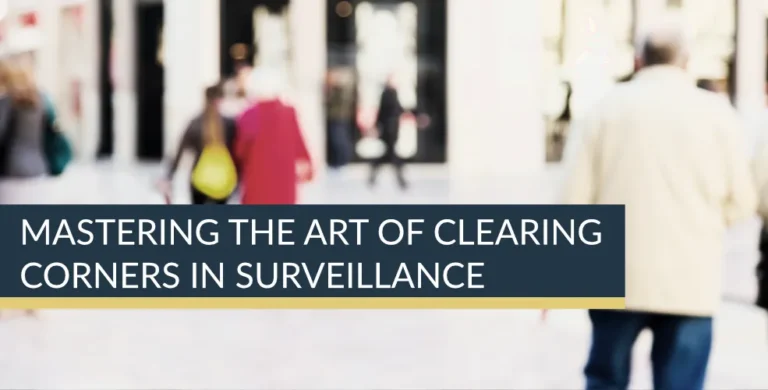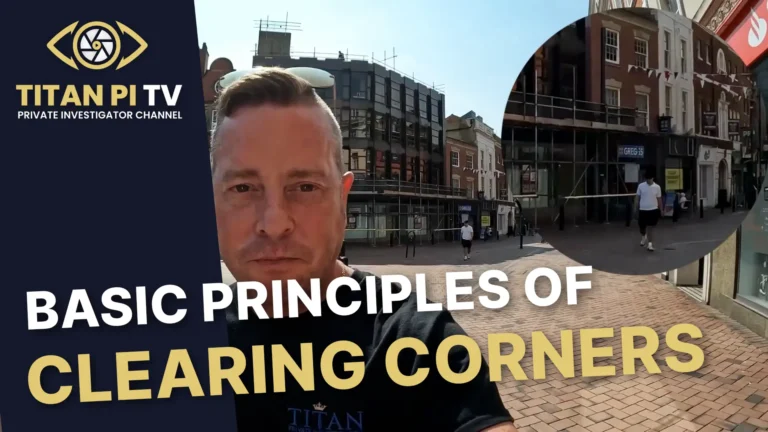Why do losses occur on a Surveillance Op?
In this latest episode, our channel host, Simon Henson, delves into a critical aspect of surveillance operations: why do losses occur? Whether you’re a seasoned investigator or new to the field, understanding the reasons behind these losses can help you improve your surveillance techniques and achieve more successful outcomes.
Understanding Surveillance Losses:
Simon starts by defining what constitutes a “loss” in surveillance operations. A loss occurs when a surveillance operative loses visual contact with the subject, resulting in a temporary or permanent inability to monitor the subject’s activities. These losses can significantly impact the effectiveness of an investigation.
Common Reasons for Surveillance Losses:
Simon discusses several factors that can contribute to losses during surveillance operations:
- Environmental Factors: Changes in the environment, such as heavy traffic, crowded areas, or unexpected roadblocks, can obstruct the view and make it challenging to maintain visual contact with the subject.
- Technical Issues: Equipment failures, such as malfunctioning cameras or communication devices, can lead to a loss of surveillance data and make it difficult to track the subject effectively.
- Human Error: Mistakes made by the surveillance team, such as miscommunication, lack of coordination, or inexperience, can result in losing sight of the subject.
- Subject Evasion: Some subjects are aware they are being followed and may take deliberate actions to evade surveillance, such as making sudden turns, using counter-surveillance techniques, or entering restricted areas.
- Complex Urban Layouts: Operating in densely populated urban environments with complex road networks and numerous buildings can make it difficult to maintain continuous visual contact with the subject.
Strategies to Minimise Surveillance Losses:
Simon shares valuable strategies to reduce the likelihood of surveillance losses:
- Proper Planning: Thoroughly planning the surveillance operation, including route analysis and contingency plans, can help operatives anticipate and mitigate potential obstacles.
- Use of Technology: Employing advanced technology, such as GPS tracking devices, high-quality cameras, and real-time communication tools, can enhance the effectiveness of surveillance operations.
- Team Coordination: Ensuring seamless coordination and communication among the surveillance team is crucial for maintaining continuous contact with the subject.
- Training and Experience: Investing in comprehensive training for surveillance operatives can equip them with the skills and knowledge needed to handle challenging situations and avoid common pitfalls.
Learning from Past Operations:
Simon emphasises the importance of analysing past surveillance operations to identify patterns and areas for improvement. By learning from previous losses, surveillance teams can refine their techniques and increase their chances of success in future missions.
Join the Discussion and Stay Informed:
Don’t forget to like this video, subscribe to our channel for more insightful episodes, and hit the notification bell to stay updated. Titan PI TV is your go-to source for industry insights, expert advice, and practical tips to help you navigate the world of private investigations.
Join us as we explore the reasons behind surveillance losses and discover strategies to enhance your surveillance operations. Your journey into the realm of investigative insights continues with Titan Investigations!

